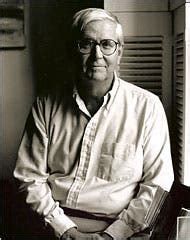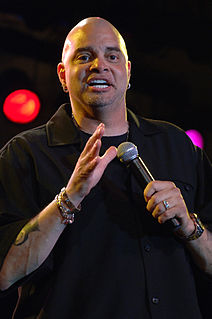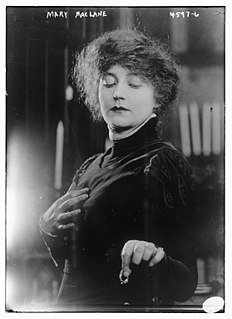A Quote by David Low
Some critics of my work took the view that a satirist should defer to the finer feelings of his readers and respect widely held beliefs.
Related Quotes
What [he] is apparently objecting to is that not everyone takes his beliefs seriously. Indeed, some don't seem to respect his beliefs at all, and actually poke fun at them. Well, I have news for [him]: that's the nature of a free society. Opinions don't necessarily merit respect; they must earn respect in the marketplace of ideas.
Faith is the commitment of one's consciousness to beliefs for which one has no sensory evidence or rational proof. When man rejects reason as his standard of judgement, only one alternative standard remains to him: his feelings. A mystic is a man who treats his feelings as tools of cognition. Faith is the equation of feelings with knowledge
From the writer's point of view, critics should be ignored, although it's hard not to do what they suggest. I think it's unfortunate to have critics for friends. Suppose you write something that stinks, what are they going to say in a review? Say it stinks? So if they're honest, they do, and if you were friends you're still friends, but the knowledge of your lousy writing and their articulate admission of it will be always something between the two of you, like the knowledge between a man and his wife of some shady adultery.
I read reviews of critics I respect and feel I can learn something from. Right now there are a lot of bottom-feeder critics who just have access to a computer and don't necessarily have an academic or cinema background that I can detect, so I tend to ignore that and stay with the same top-tier critics that I've come to respect. I like reading a good review - it doesn't have to be favorable, but a well-thought-out one - because I very much appreciate the relationship of directors and critics.
Nearly all the writing of our time is likely to disappear in a hundred years. Certainly most readers - and nearly all critics - feel that [Kurt] Vonnegut started to repeat himself, to grow increasingly self-indulgent and meandering, and to sometimes just blather in his later work. But his books up to "Slaughterhouse-Five" do possess a distinctiveness that will insure some kind of permanence, if only in the history of the 1960s and of science fiction.
However gross a man may be, the minute he expresses a strong and genuine affection, some inner secretion alters his features, animates his gestures, and colors his voice. The stupidest man will often, under the stress of passion, achieve heights of eloquence, in thought if not in language, and seem to move in some luminous sphere. Goriot's voice and gesture had at this moment the power of communication that characterizes the great actor. Are not our finer feelings the poems of the human will?



































